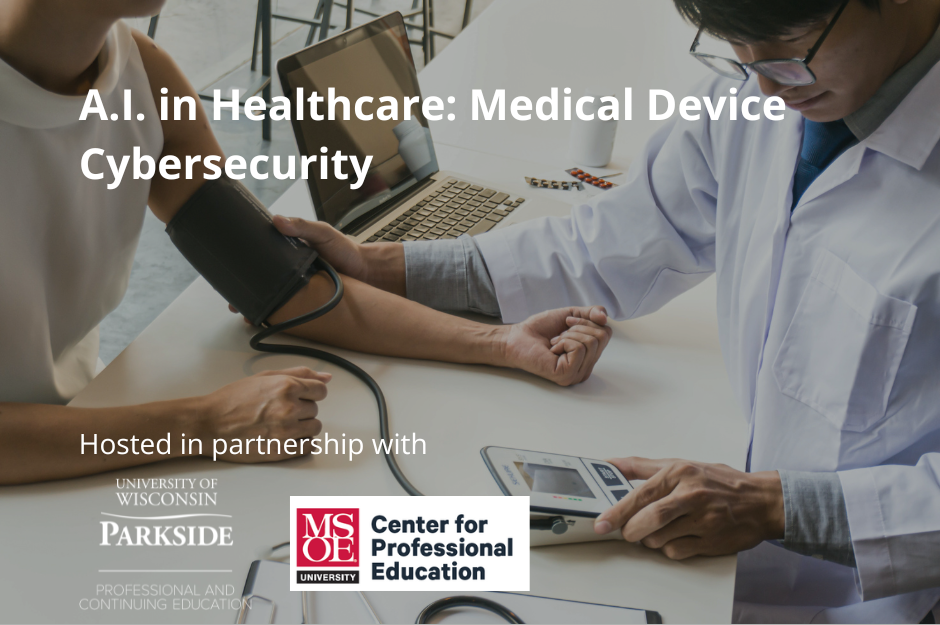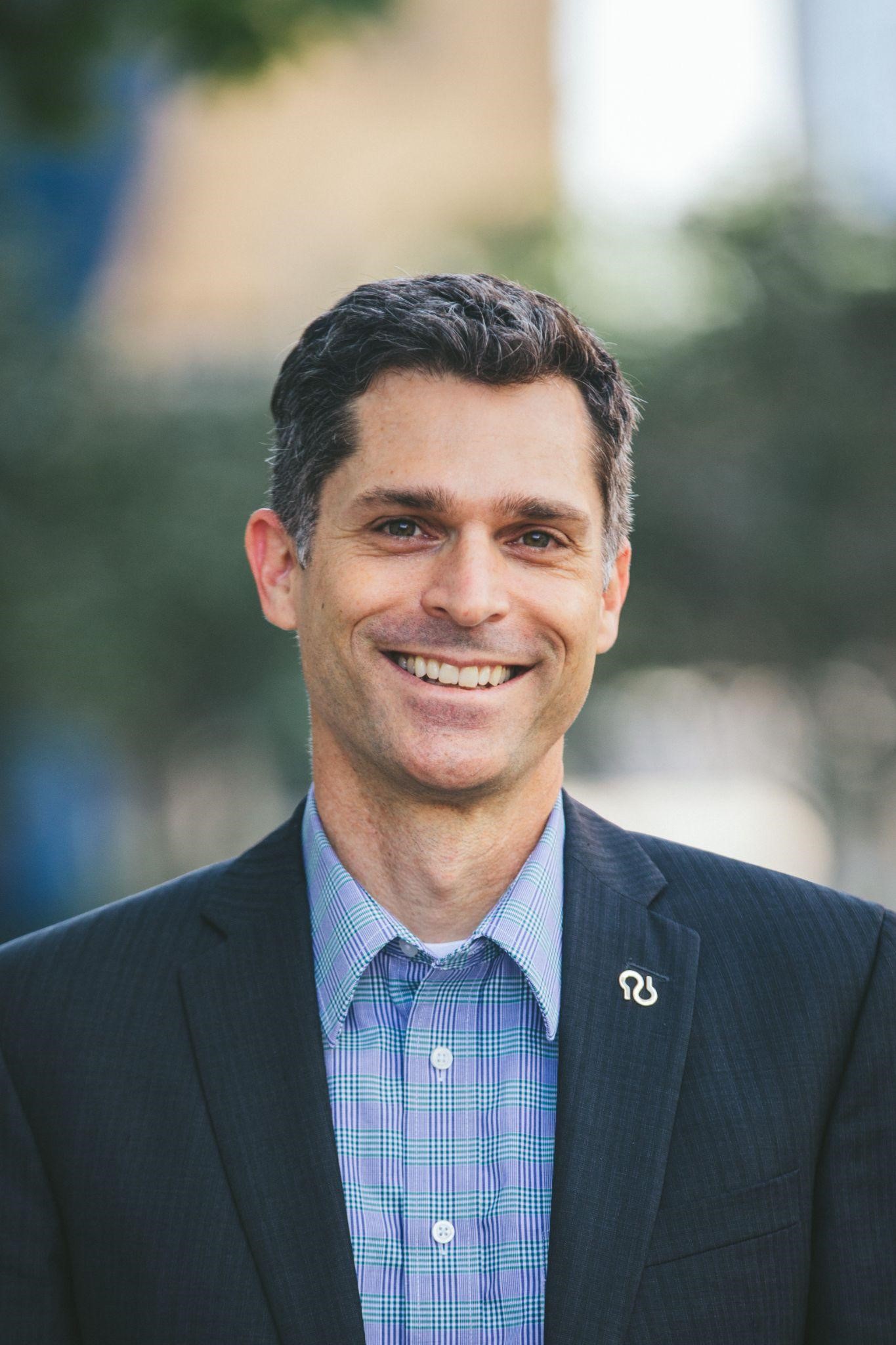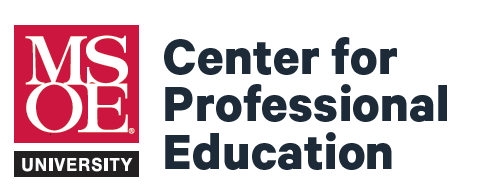Health and Human Services
Maintain your social work or health care related license or certification with quality, convenient, and affordable options to gain Continuing Education Units at UW-Parkside! One tenth of a CEU (0.1) is granted to an individual for every hour of participation in an organized continuing education experience. Similarly, each hour may also be expressed as a Continuing Education Hour or CEH, with one CEH granted per hour of participation.
ANNUAL AGING WELL CONFERENCE
The Aging Well Conference is more than just an annual event—it’s a cornerstone for growth, connection, and innovation in the ever-evolving field of aging. Held on the first Friday of June each year at the University of Wisconsin-Parkside, this premier gathering brings together over 200 healthcare professionals, caregivers, advocates, and aging services providers from across the region. Click the button to visit our conference webpage to learn more and join the movement shaping the future of aging.
THU, FEB 12, 2026 | 11 am-2 pm |
In-person or Live Online | Free |
0.2 CEUs/2 CEHs available
Helen Daniels Bader Alzheimer's and Aging Speaker Series
Advancing Alzheimer's Disease Research: A New Era of Diagnostics, Treatment and Risk Reduction
UW-Parkside is proud to collaborate with Bader Philanthropies to offer a free annual training, bringing valuable education on the latest in Alzheimer’s and dementia information to our community. Together, we are committed to fostering local growth and making these critical learning opportunities accessible to all.
Available Trainings

- Type: Live Online
- Start Date: Feb 19, 2026
- Meeting Time(s): 12-2 pm
- Cost: $99
- Credits: 0.2 CEUs
Overview
As healthcare becomes increasingly digitized, the integration of artificial intelligence (A.I.) into medical devices brings both groundbreaking innovation and unprecedented cybersecurity risks. This two-hour webinar explores how A.I. is transforming healthcare delivery through connected devices, and the critical security measures needed to protect patient safety and sensitive data.
Join experts from the fields of healthcare, A.I., and cybersecurity for an in-depth discussion on the vulnerabilities, regulatory frameworks, and mitigation strategies specific to A.I.-enabled medical devices. Discover how organizations can stay ahead of cyber threats while maximizing the benefits of A.I.-driven technologies in clinical settings.
Instructor(s)
Speakers:
- Olga Imas, Ph.D.
- Samantha Jacques, Ph.D., FACHE, AAMIR
- Kyle Munn
- Aaron Pritz
Objectives
Learning Objectives:
After completing the program, you will be able to:
- Identify common cybersecurity risks associated with AI-integrated medical devices
- Understand regulatory expectations (e.g., FDA premarket guidance on cybersecurity)
- Apply strategies to design, implement, and monitor secure medical devices
- Analyze case studies of A.I.-related vulnerabilities and response plans
- Prepare for emerging cybersecurity threats in digital healthcare systems
Reviews
This is a brand new offering!
FAQ
Who Should Attend:
- Biomedical engineers and medical device developers
- Healthcare IT and cybersecurity professionals
- Regulatory compliance officers
- A.I. and data science professionals working in healthcare
- Hospital administrators and clinical leadership
- Startups and innovators in medtech or health A.I.

- Type: Live Online, Instructor-Led
- Start Date: Mar 20, 2026
- Meeting Time(s): 8 am-12 pm
- Cost: $109 until 3/1/26; then $129
- Credits: CEHs: 4.0
Overview
The management of ethics, boundaries and confidentiality is especially critical for human service professionals and is in a constant state of change. This workshop will address the unique issues encountered during the provision of social services including the emergence of artificial intelligence, managed care, dramatic federal policy changes, workforce challenges, and the ethical implications.
Instructor(s)
 Jeanne Wagner, MSW, LCSW, Clinical Social Work Professor Emeritus, UW-Milwaukee
Jeanne Wagner, MSW, LCSW, Clinical Social Work Professor Emeritus, UW-Milwaukee
Jeanne Wagner served as the Director of Social Work Field Education Programs at UW-Milwaukee for 19 years, and currently works as an independent contractor developing and teaching professional education workshops including professional ethics and boundaries, leadership and supervision, case management, documentation, confidentiality, adoption competency, safety in the field, etc. She has taught the Training for Adoption Competency (TAC) curriculum through the Center for Adoption Support and Education (CASE) and was previously UWM’s Co-Director for TAC. She received her MSW from Jane Addams College of Social Work, Chicago, IL and her BSW from Morehead State University, Morehead, KY. She is a Licensed Clinical Social Worker and Clinical Professor Emeritus with extensive clinical, management, administrative, and educational experience. She has worked in a variety of social service settings prior to her appointment with UWM, which include child welfare, adoption (domestic and international), mental health, intellectual disabilities, and geriatrics. She served in the role of Ombuds for UWM from 2007-2023 and has 10 years of experience in Quality Assurance. She serves as a Board member for NASW-WI and is President of the WI Council on Social Work Education.
Objectives
Participants will gain increased awareness of the complicated nature of professional ethics and boundaries and will learn techniques for ethical decision-making. This program is designed to be interactive as participants share challenging ethical issues encountered while providing services both inside and outside the office setting. Ethical decision-making processes will be addressed in a variety of contexts using case examples and best practice models to identify and address complicated scenarios within human service organizations. Participants will learn how to utilize a professional Code of Ethics in managing ethical dilemmas in practice settings.
Reviews
FAQ
Learning Goals:
- Identify the range of ethical dilemmas and professional boundaries in human services
- Learn how artificial intelligence (AI) is impacting many aspects of social services today
- Discuss approaches to address the conflicts that have arisen from the recent changes to public policies and the conflict with ethical practice
- Discuss the impact of technology on clients and the ethical considerations and pros and cons of utilizing technology in practice settings
- Increase awareness of the complicated nature of professional boundaries
Identify risks that may affect professional liability

- Type: In-Person and Live Online
- Start Date: Feb 12,2026
- Meeting Time(s): 11 am-1:45 pm
- Cost: Free
- Credits: 0.2 CEUs/2 CEHs
- Includes: Lunch for In-person attendees
Overview
UW-Parkside is proud to collaborate with Bader Philanthropies to offer a free annual training, bringing valuable education on the latest in Alzheimer’s and dementia information to our community. Together, we are committed to fostering local growth and making these critical learning opportunities accessible to all.

Instructor(s)
SPEAKER

CHRISTOPHER WEBER, PH.D.
Senior Director, Global Science Initiatives
Alzheimer’s Association
Christopher Weber, Ph.D., Senior Director, Global Science Initiatives, oversees efforts to advance the scientific agenda of the Alzheimer’s Association®, a global leader in advancing Alzheimer’s research. With over 20 years of clinical research experience, Dr. Weber is responsible for communicating the global research landscape of Alzheimer’s and dementia, including the breadth and reach of the Association’s research programs, and the critical need for increased research funding from the public and private sectors.
Objectives
Reviews
FAQ
Wisconsin Licensed Social Workers: Our programs qualify as continuing education offered by an accredited university.
Wisconsin Licensed Marriage and Family Therapists: Our programs qualify as continuing education offered by an accredited university.
Wisconsin Licensed Professional Counselors: Our programs qualify as continuing education offered by an accredited university.
Wisconsin Substance Abuse Counselors: Programs qualify as continuing education courses consisting of relevant subject matter taught by qualified presenters.
Wisconsin Department of Public Instruction: Programs from the University of Wisconsin campuses may qualify towards your Professional Development Plans (PDPs).
Other Professions: Contact your professional board or organization for specific continuing education requirements.
The University of Wisconsin-Parkside is committed to providing access, equal opportunity, and reasonable accommodation in its services, program activities, education, and employment for individuals with disabilities. To request disability accommodations, contact Professional and Continuing Education at least eight weeks in advance at: 262-595-3340 (V), 262-595-2513 (FAX), or email continuing.ed@uwp.edu.
PROFESSIONAL AND
CONTINUING EDUCATION
Mon-Fri | 8 am-4:30 pm
Kenosha, WI 53144




